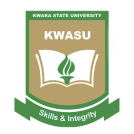Introduction to Kwara State University:
Introduction
Kwara State University is a state university in Kwara State, Nigeria. With the motto of "Green University for Community Development and Entrepreneurship", it focuses on combining academic knowledge with community service and entrepreneurship, and is committed to cultivating talents who can contribute to social development and economic growth.
Overview
Student size: It has more than 25,000 students, including more than 20,000 undergraduates, more than 2,000 postgraduates, and more than 500 doctoral students.
Discipline: It offers undergraduate and postgraduate courses covering a variety of fields, such as pure applied sciences, information and communication technology, education, engineering, humanities, management, social sciences, agriculture and veterinary sciences.
History and establishment time
On July 11, 2007, Kwara State Governor Bukola Saraki established a planning committee to lay the foundation for the establishment of Kwara State University. On December 24, 2008, the Kwara State University Act was signed into law. On February 9, 2009, it obtained the operating certificate and documents from the Nigerian National University Commission and was officially established in the same year.
In October 2010, the school began academic operations.
School Strength
Faculty: It has a professional teaching team, including professors and scholars with rich teaching and research experience in their respective fields.
Research Achievements: Several academic centers of the school actively carry out research activities in related fields. For example, the Center for Ecological and Environmental Management Research (CEERMS) received a grant of US$15.3 million from UNESCO to establish the UNESCO Alternative Energy Program Chair within six years.
International Cooperation: It has established cooperative relations with many internationally renowned institutions such as Thammasat University in Thailand, Korea Advanced Institute of Technology (KAIST) in South Korea, and Columbia University in the United States.
Nature of the institution
Kwara State University is a public university funded and managed by the Kwara State Government.
Educational philosophy
The school aims to cultivate all-round talents, pays attention to cultivating students' practical ability, innovative thinking and social responsibility, emphasizes the combination of academic knowledge with community development and entrepreneurial practice, and is committed to enabling students to adapt to social needs after graduation and make positive contributions to the development of the community and the country.
Key laboratories and disciplines
Key laboratories: The Center for Ecological and Environmental Management Research (CEERMS) is an important scientific research institution of the school, conducting in-depth research in the fields of alternative energy and environmental protection.
Key disciplines: Engineering, agriculture and veterinary science are the school's advantageous disciplines, with a high level in teaching and scientific research.
Faculty
The school has several faculties, including the School of Pure Applied Sciences, the School of Information and Communication Technology, the School of Education, the School of Engineering, the School of Humanities, the School of Management and Social Sciences, the School of Agriculture and Veterinary Sciences, etc.
Ranking
In the ranking of domestic universities in Nigeria, Kwara State University is at a medium level, but it is constantly developing and improving.
Expenses
Tuition fees: For Nigerian students, the tuition fees are relatively low; for international students, the tuition fees vary according to different majors and degree levels, but are generally reasonable.
Living expenses: The cost of living in the area is moderate, and students' living expenses mainly include accommodation, food, transportation, etc. The school provides student dormitories, and the accommodation costs vary depending on the dormitory conditions.
Campus environment
Architectural style: The campus buildings combine modern and local characteristics, and the teaching buildings, libraries, laboratories and other facilities are complete, providing students with a good learning environment.
Campus facilities: It has modern classrooms, laboratories, libraries, computer centers and other teaching facilities, as well as gymnasiums, sports fields, canteens, student dormitories and other living facilities. In 2019, the school named the library, which was considered the best in West Africa at the time, after its former president.
Natural landscape: The campus is well greened, with large lawns, trees and gardens, creating a quiet and beautiful atmosphere.
-
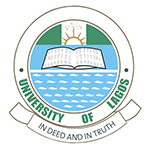
University of Lagos
-
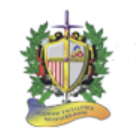
Benson Idahosa University
-
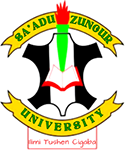
Bauchi State University
-

Federal University of Technology, Akure
-

Tai Solarin University of Education
-
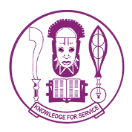
University of Benin
-
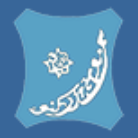
Bayero University Kano
-
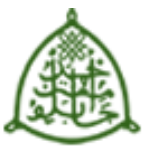
Ahmadu Bello University
-

Madonna University
-
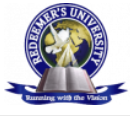
Redeemer's University
-

Mesoamerican University
-

Istmo University
-

Mariano Galvez University of Guatemala
-

Regional University of Guatemala
-

Galileo University
-

Francisco Marroquín University
-

Rafael Landívar University
-

University of the Valley of Guatemala
-

University of San Carlos of Guatemala
-

Technological Institute of Tlaxcala Plateau
-

Golfo University
-

Technological University of South Sonora
-

Technological University of Huejotzingo
-

Tizimín Institute of Technology
-

Chilpancingo Institute of Technology

